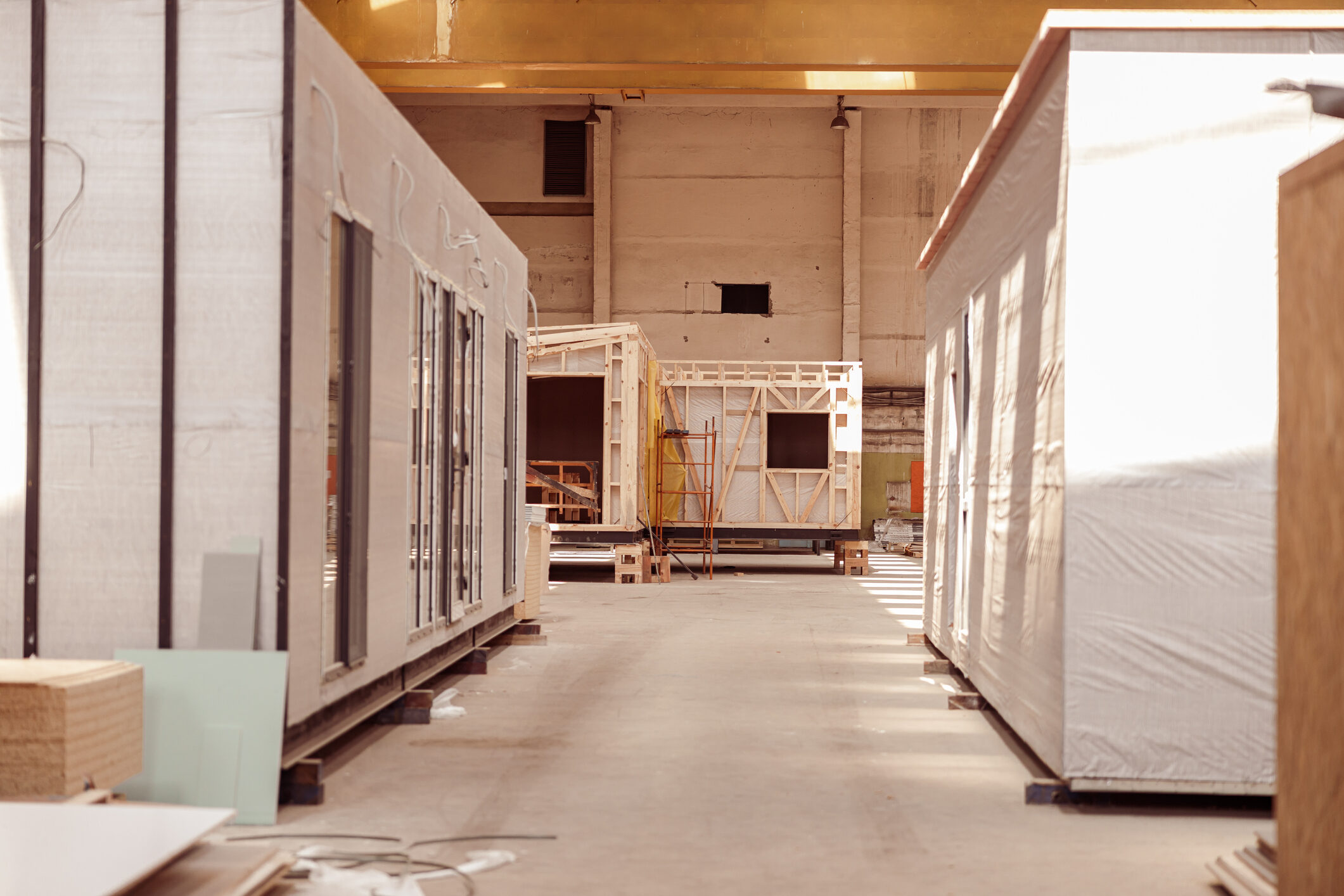
The Case for Modular is Growing – And Fast
Nick Cowley, CEO of Modular Group Investments, surveys recent developments in and around the UK housing market – concluding that demand for quickly and efficiently-built homes is about to soar.
“Massive prefab factory to make one ‘modular’ home every HOUR in new era of flatpack housing”.
That was a headline in the Daily Mail back in June. Nothing all that exciting, you might say. But no matter what you think of the Daily Mail, when it starts covering a topic, you know it’s beginning to break through into the mainstream.
The news around UK modular hasn’t been overwhelmingly positive recently. The collapse of modular house builder Urban Splash understandably attracted a lot of attention – with some commentators using it to cast doubt on modular’s ability to replace conventional housebuilding, and suggest it might turn out to be a short-lived fad rather than the future of global construction.
But while what happened to Urban Splash is indisputably bad news for the sector – and particularly the suppliers who’ve been left millions of pounds out of pocket – it does nothing to change the fact that if we want to keep building houses at scale without destroying the planet, modular is the only solution.
Small steps in the right direction?
Britain’s tabloid press isn’t known for its subtlety or grasp of detail, but the Daily Mail explained the situation pretty accurately – given a worsening housing crisis, demand for affordable housing that’s only going to rise, an ageing construction workforce, ongoing supply chain disruption, and, above all, the need for Britain and countries around the world to hit net zero, we have to be building homes more quickly and efficiently than ever before.
The way to do that is for construction to switch from outdated brick-and-mortar, muddy field housebuilding and embrace precision offsite manufacturing instead.
While the government needs to be doing much more to support the transition to modular, there are growing signs its thinking the same.
Its £150m Help to Build scheme might be a drop in the ocean given the scale of the challenge ahead of us, but the core principle – letting people build their own homes with only a 5% deposit towards land and construction costs – is one that chimes perfectly with modular.
Want to help people quickly, efficiently and affordably build their own homes while avoiding spiralling mortgage costs? Modular is the answer.
The establishment of the government’s Modern Methods of Construction Task Force is another – very small – step in the right direction.
However, it’s in the decade to come that I think we’ll see modular start to rapidly take off in the UK. Net zero by 2050 sounds comfortingly far off – so far off, in fact, that ministers, developers and others can happily put the issue on the back burner for a while longer.
The government’s more recent pledge – to cut carbon emissions by nearly 80% between now and 2035 – is a different story. That requires deep, radical changes now. As that starts to dawn on businesses and sectors throughout the economy, they’re going to quickly realise the need for an alternative. Luckily for them, modular already exists, and is ready to go.
45% Less Carbon
The case for embracing modular is only going to get stronger as the years go on – as is the evidence for its climate-friendly credentials.
The last few months have also brought the publication of research by academics at the University of Cambridge and Edinburgh Napier University. The study examined the construction of two modular housing developments by HTA Design – the Ten Degrees Towers in Croydon, which at 44 and 38-storeys are the world’s tallest modular buildings to date, and The Valentine student accommodation block in Redbridge.
Across the two projects, there are 900 homes – and the academics concluded constructing them used 45% less carbon than if they’d been built using traditional methods, saving 28 tonnes of carbon in this one case alone.
The sooner the vast majority of British buildings are built this way, the better.
For more information, call MGI on 0330 1340290 or email nick@modulargroupinvestments.co.uk
